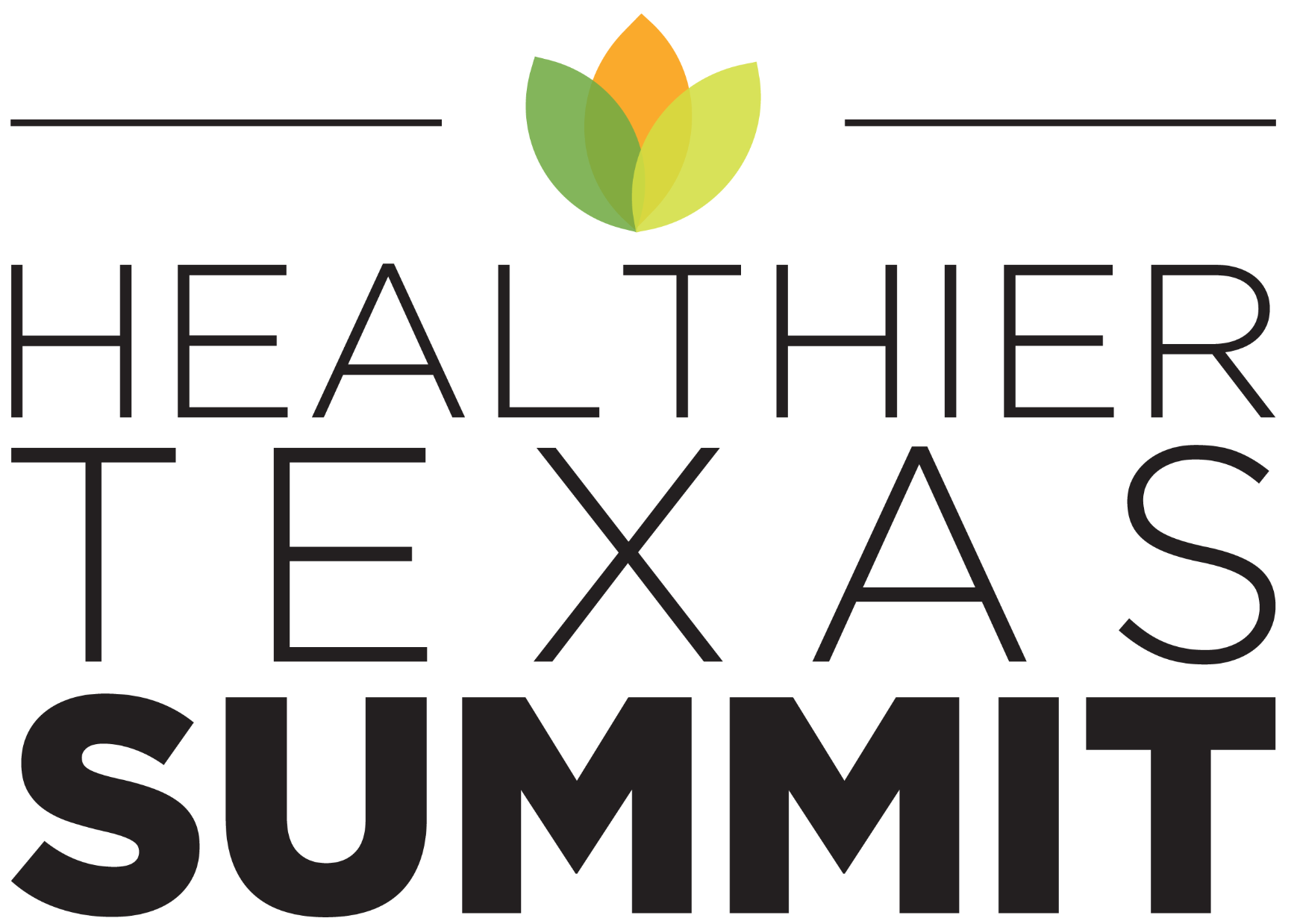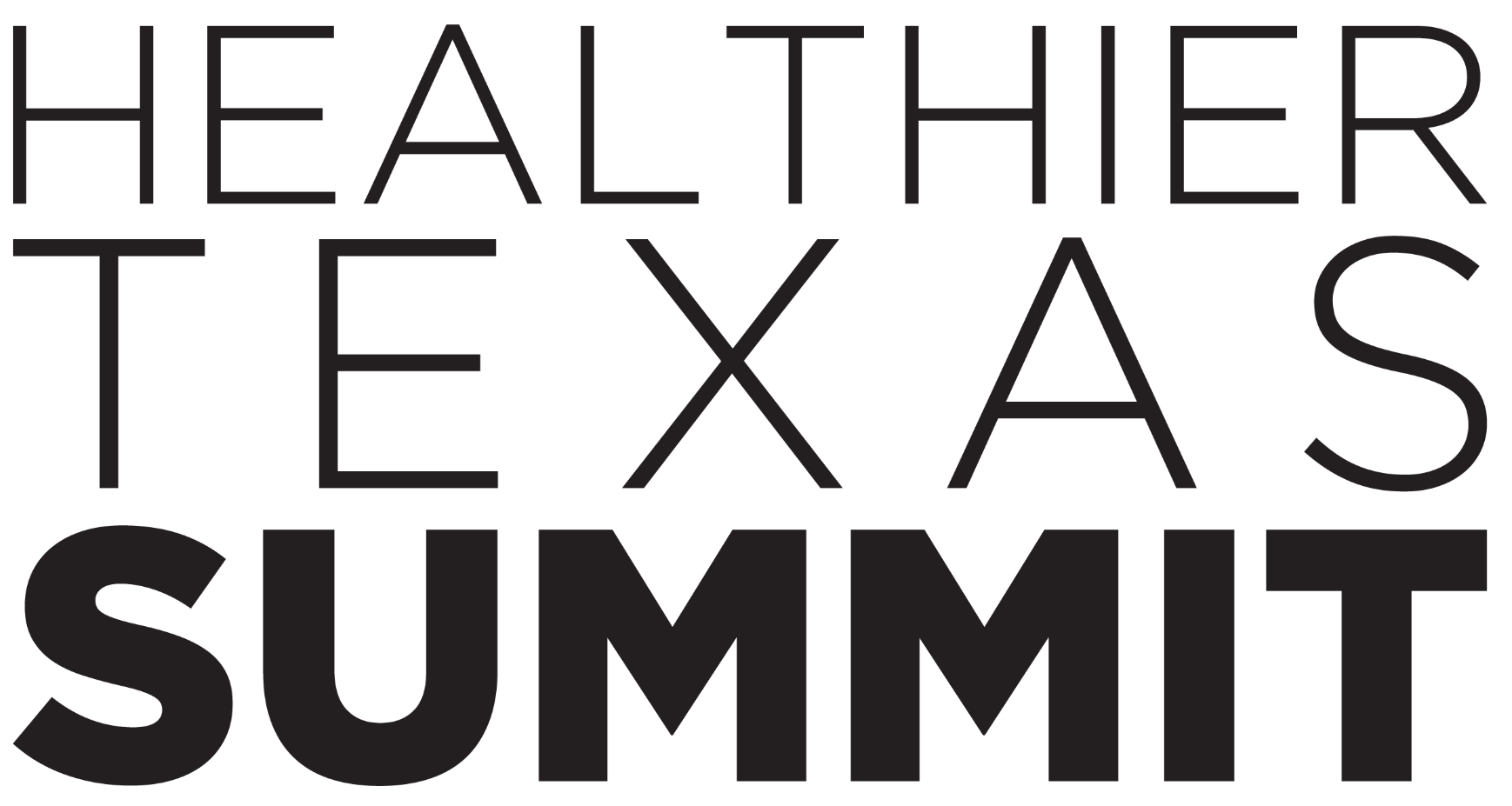A Collaboration Between
Summit Track: Advancing Health Equity
In an article commenting on the findings from a recent study measuring race and ethnicity in relation to social determinants of health and community wellbeing, Georges Benjamin, M.D., executive director of the American Public Health Association, offered the following appraisal: “When it comes to health and drivers of health, we are far from equal.” His statement points to one of the most urgent questions up for consideration at the 2019 Healthier Texas Summit: What are we doing to advance health equity in our communities?
As health champions aim to discover how factors like education, employment, housing, public safety, healthcare, and transportation influence individual and community health, we’re confronted with uncomfortable truths about how these factors are distributed along social and demographic lines (race and ethnicity most saliently, but also sexual orientation, disability status, age, income, and geography). The results of this uneven distribution are troubling disparities in the way that certain communities and populations experience rates of disease, access to healthcare, and length and quality of life.
“Health equity is an attainable goal,” Dr. Benjamin reminds us. The tools and knowledge are out there. How we use them is up to us.
At the Healthier Texas Summit, the Advancing Health Equity track will elevate the work of people and organizations striving to improve social justice in health. Participants will delve deep into the root causes of health inequity and explore practical methods for catalyzing change in their communities. Sounds pretty impactful, doesn’t it? Here are some of the sessions you’ll want to mark on your agenda.
Dismantling the Legacy of Jamestown to Build Healthy Communities
An internist and epidemiologist with degrees in public health and public administration from Yale and Harvard, Jewel Mullen, M.D., MPH, is the associate dean for health equity at the Dell Medical School and former principal deputy assistant secretary for health in the U.S. Department of Health and Human Services. Her colleague, Lourdes Rodriguez, directs Dell Medical School’s Community-Driven Initiatives program supporting local residents in their efforts to improve the health of their communities and neighborhoods. Together, they’ll examine the long history of inequality in the United States, its direct impact on health, and how remembering the story of colonialism and slavery that began at Jamestown can serve as a starting point for building a platform of equality.
Liberated Discussions for Health Equity
Equity has finally, (and rightfully), taken center stage in critical discussions around population health and healthcare. There are major problems to solve in this complex system. Thus far, conversations have focused on siloed, linear, sterile answers to a complex, multifaceted, and very personal problem. In order to create better solutions, we must be having better conversations. Drawing from the Liberated Structures playbook, presenters Troy Bush-DiDonato, Nakia Winfield, and Lynda Frost will lead us through a fully participatory session offering 33 methods that make it easier to broach difficult topics in a way that is human-centered and genuine.
Truth, Racial Healing & Transformation
When we speak our truths and listen deeply to others, we find common ground with those who we may have perceived as different. And through telling our stories, we develop a deeper understanding of our shared humanity. That’s the idea behind the Truth, Racial Healing & Transformation (TRHT) Circle, which works to “bring about transformational and sustainable change, and to address the historic and contemporary effects of racism.” When you leave the Circle, you’ll leave in a different relationship – with others and yourself.
More Impactful Sessions to Explore
From bringing cancer screenings to rural populations to understanding how social determinants impact health, every session in the Advancing Health Equity track promises valuable insights and innovative solutions for individuals and organizations looking to ignite change from the inside out. Be sure you’re in the room.


